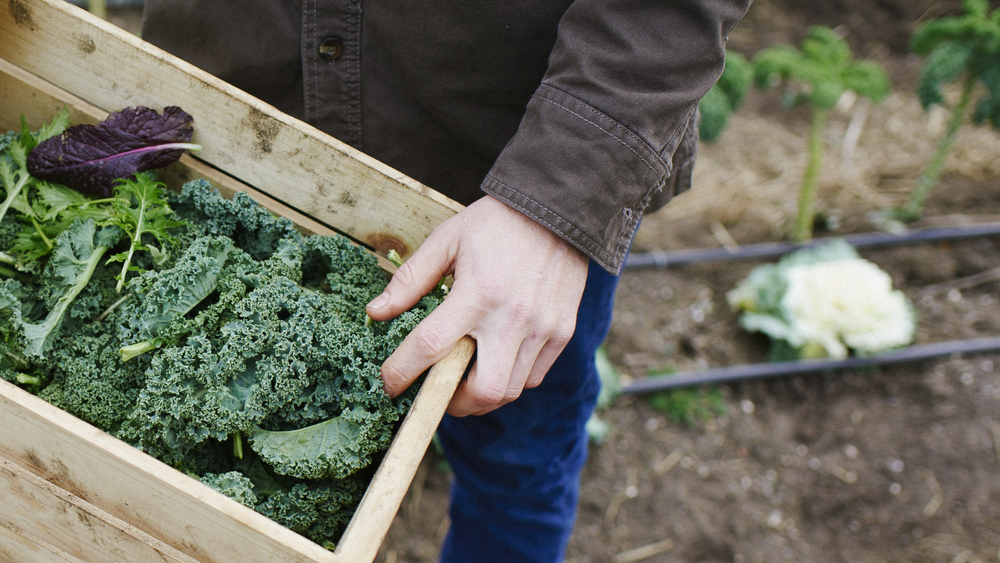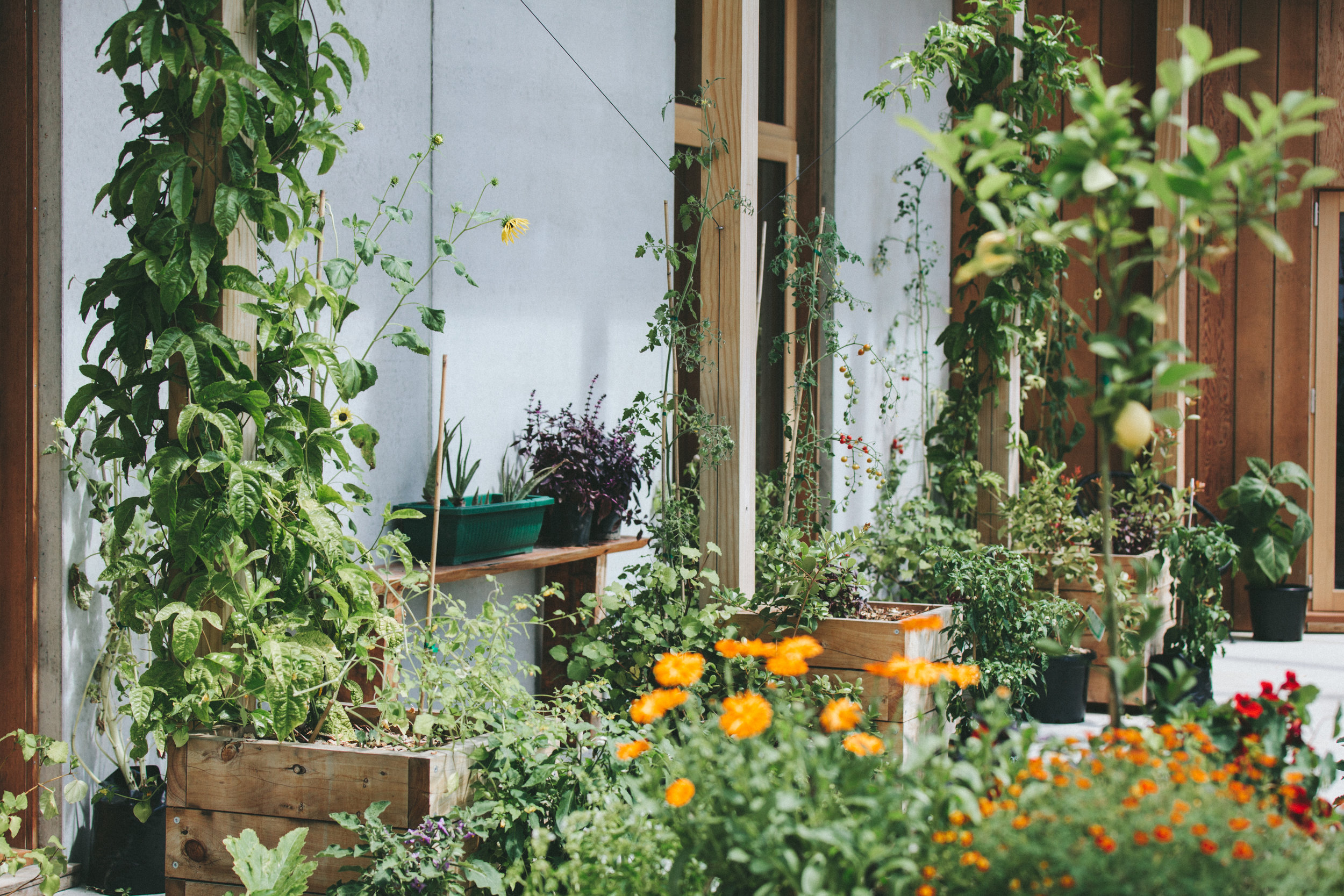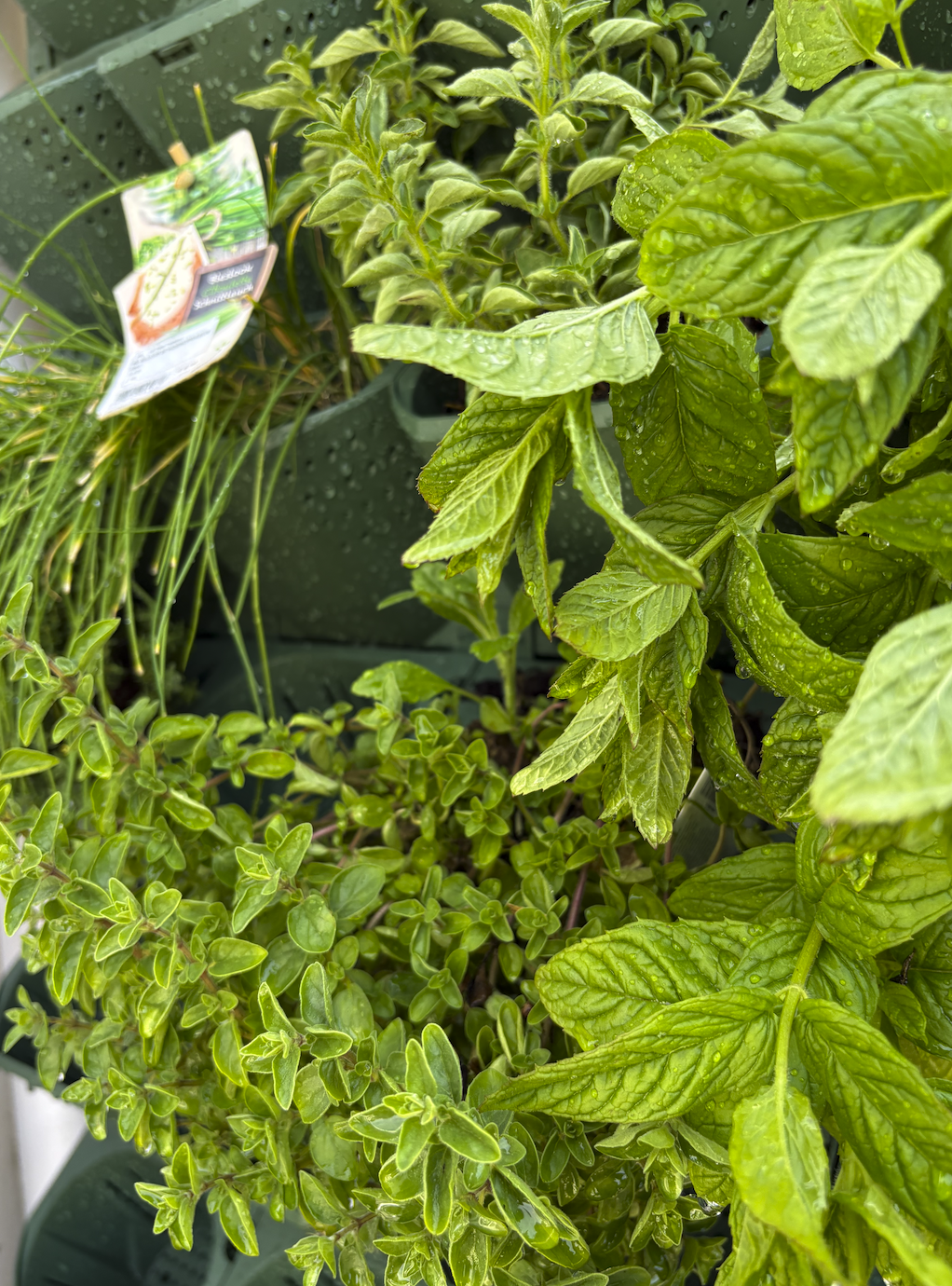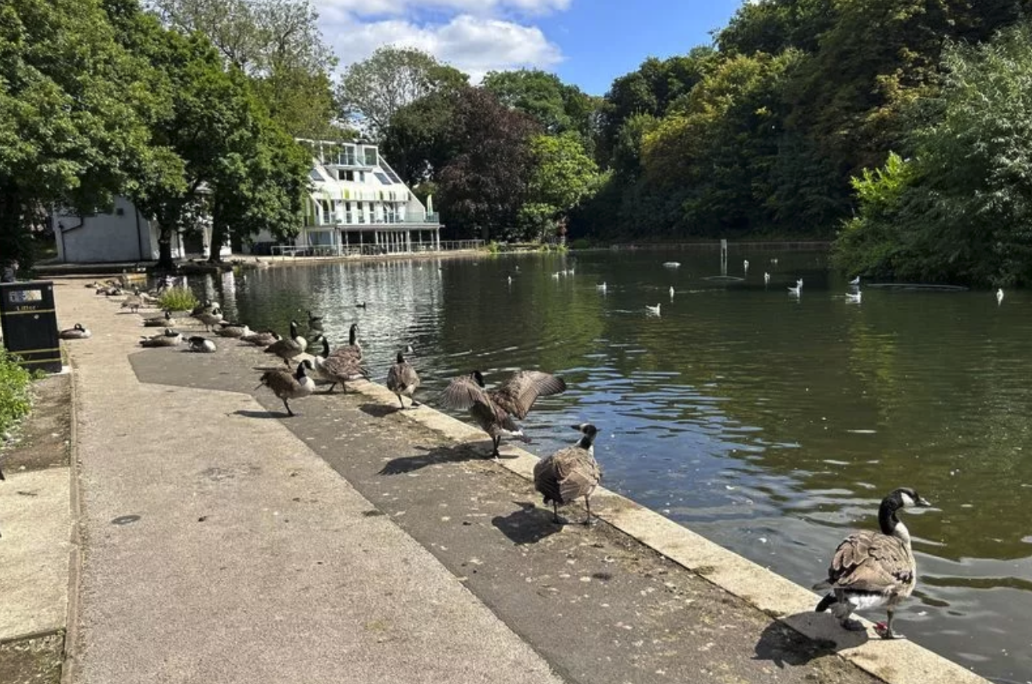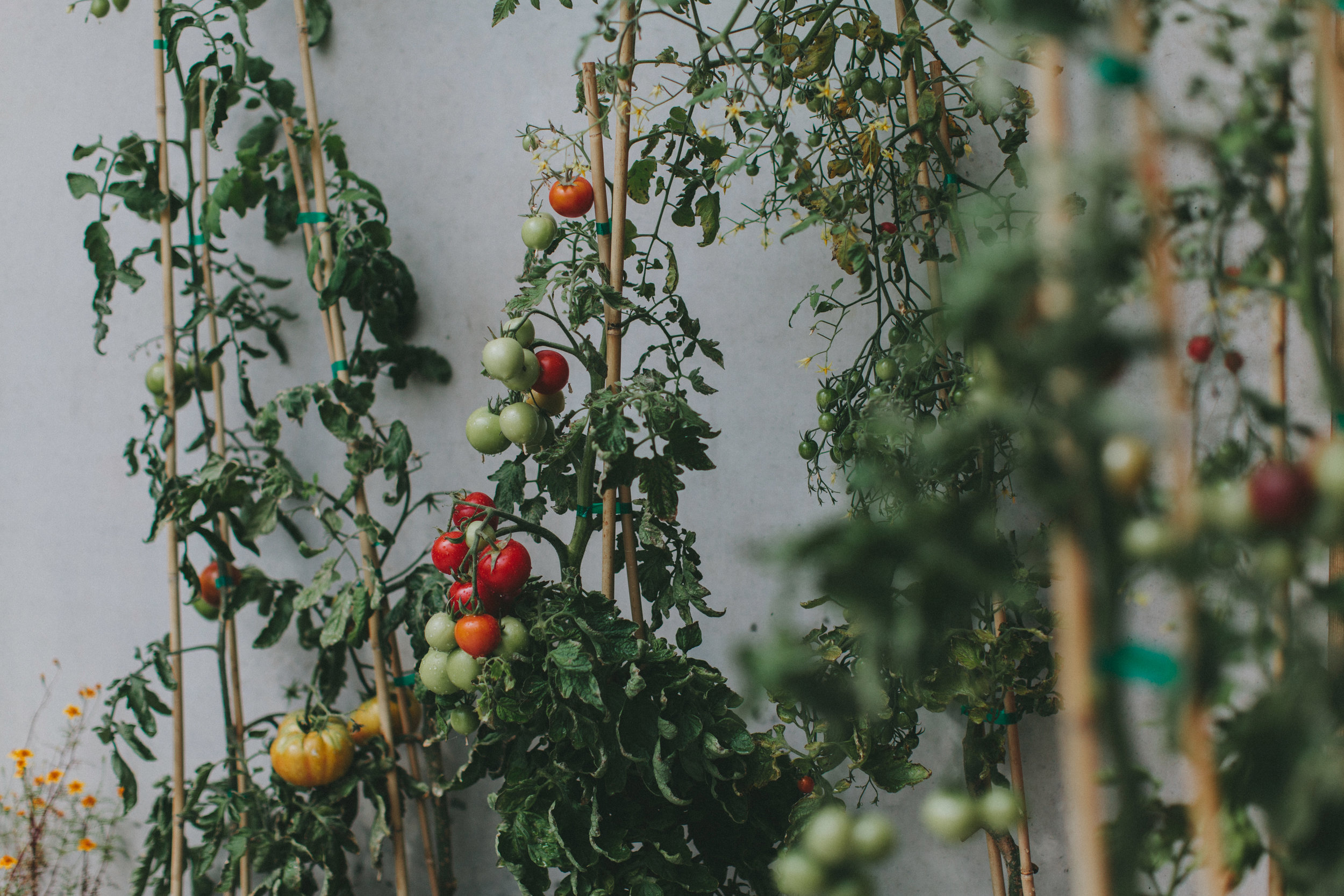
We aim to connect people to nature.
About
FOODGROWING@WASH is the food growing element of the WASH project, the five-year learning programme to connect communities with nature running at the White House and The Dolphin Centre at Ward End Park, B8.
One of the best ways to connect people to nature is through food. Making connections between what we eat and where it comes from, witnessing the ‘seed to plate’ journey brings nature to life and inspires us to make connections to our culture and personal well-being.
We also understand that urban food production must be a priority for resilient communities of the future, to face the challenges of climate change. The consequence of an uncertain climate is food security, or rather less food choices and rising costs. We aim to demonstrate and teach what is possible and encourage people to grow their own food, from pots to crop production!
Over the next five years, UrbanHarvest@WASH will be a learning programme in urban food growing; how to grow food and the trials faced with growing in cities.
We have two sites, each site provide different opportunities and challenges…
The Balcony above the Lakeside Cafe at The Dolphin Centre.
The Community Garden at The White House.
The Balcony is essentially a rooftop garden where we can only grow in containers. We want to grow for the Lakeside Café and our challenge is what should we grow and how? How do we maintain quantities to satisfy the Café’s demand with limited growing spaces? How do we deal with the climate the balcony presents to us?
In what looks like the perfect spot, a south facing sunny balcony, is in fact our problem. Keeping it cool and watered will be our mission.
On the plus side, we can grow crops that love hot weather. Our theme for Year 1 is the Mediterranean Diet. We will imagine ourselves in an olive grove, cultivating vegetables recommended as the best foods for our health. We will grow tomatoes, aubergines, beans, garlic, herbs, greens and other vegetables that love the sun. Working with the Lakeside Café, we will develop menus that we can supply ingredients for.
The Community Garden, based at the Ward End Park House in Ward End Park, is tranquil raised bed allotment space within the Forest School where we will grow conventional British summer crops. Ward End Park House is our base where we offer training, volunteering and group activities for local people.
The two spaces will work together, and students will be offered opportunities to engage with both spaces.
-
To create a learning resource for local people in horticulture and green skills.
The Balcony will be a classroom for gardeners as well as a growing space
Learners will grow crops, herbs and plants to be used by the Lakeside Café.
The project will offer pathways to employment in horticulture and the environment
The project will aim to be teach life skills in the principles of self-sufficiency and sustainable living.
Students can find out about how to live more efficiently, using fewer resources, how to make better environmental choices, especially around food that can be cost saving and minimise their impact on the environment.
-
Reducing Food Miles and Carbon Footprint
Growing food locally helps reduce the distance food travels to reach consumers, lowering transportation emissions and the carbon footprint associated with food production.
This is particularly important in a large city like Birmingham with diverse cultures requiring food grown from their countries of origin.
Improving Food Security
By growing food locally, can contribute to increased food security. This is especially crucial in urban areas where access to fresh, healthy food may be limited, especially in areas known as "food deserts."
Local food production also makes cities more resilient to supply chain disruptions, as it reduces dependency on outside sources.
Enhancing Urban Biodiversity
Urban areas are often characterized by a lack of natural habitats for wildlife. Balcony gardens provide an opportunity to support biodiversity by creating green spaces for pollinators, such as bees and butterflies, as well as other beneficial insects. These spaces can act as small ecosystems that contribute to the overall health of the environment.
Creating Community Engagement and Education
Food growing can become a focal point for community activities, such as local food production, gardening workshops, and educational initiatives about sustainability.
This can help foster a sense of community and shared responsibility for local food systems. text goes here
